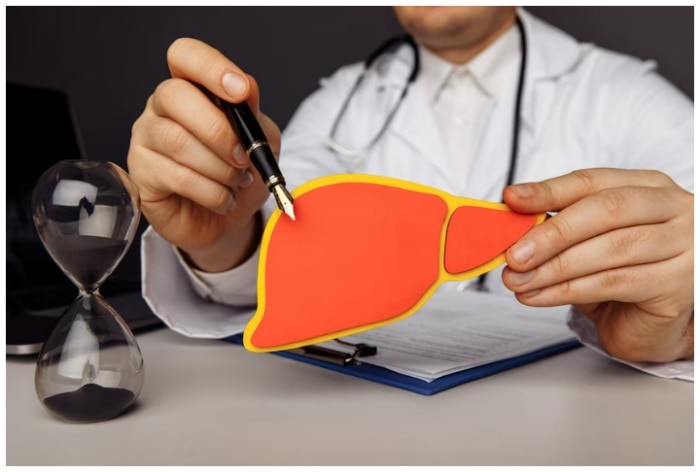Alcohol impacts the body is common knowledge but what exactly happens inside body is here to comprehend. Read on to know how much time it takes for alcohol detox.
Alcohol is something that must be consumed in moderation. It is crucial to understand the physiological effects of consuming alcohol on the body and the process of detoxification to make well-informed decisions about its consumption. What happens when alcohol gets inside the body and how much time it takes to leave the system? These are some basic yet important questions to ask.
What happens when alcohol is inside the body?
Alcohol, when consumed, goes through a series of metabolic processes that affects several organ systems in the body. Alcohol can quickly enter the bloodstream through the stomach and small intestines, after which it moves towards the liver, where the major part of alcohol metabolism takes place.
This is because the liver (hepatic system) carries certain enzymes responsible for the breakdown of alcohol into less damaging components like acetaldehyde followed by acetate, which is metabolised into carbon dioxide and water eliminated through urine and sweat. The liver, hence, plays a key role in the metabolism of alcohol.
How Does Excessive Alcohol Affect Body?
Excess consumption of alcohol can adversely affect various organs:
- it can cause inflammation in the stomach and intestines and also irritate their lining, leading to an increase in acid production, which may cause ulcers and gastritis.
- Chronic alcohol consumption can affect pancreatic function, leading to pancreatitis – a painful condition caused by inflammation in the pancreas, which can impair the digestion process and glucose regulation.
- Excessive alcohol consumption can also severely impact the central nervous system – it acts as a sedative, which slows down the neurotransmitter functions in the brain, leading to impaired coordination, judgment and stimuli reaction time.
How Much Time it Takes For Alcohol to Leave Body?
When it comes to detoxifying the body of alcohol, the body starts to metabolise and excrete alcohol as soon as it is consumed. In general, the liver can metabolise about a glass of alcohol per hour, though this rate of alcohol metabolism may vary with factors like sex, body weight, basal metabolic rate, age and amount of alcohol consumed.
The average urine test can detect alcohol up to 12 hours after drinking. However, more advanced testing can measure alcohol in the urine 24 hours after drinking. Breath tests for alcohol can detect alcohol within a shorter time frame, at about 4-6 hours.
The time taken by our body to detoxify from alcohol depends on various factors, including the amount of alcohol ingested, the body’s metabolism and the frequency of alcohol consumption.
Detoxification of ingested alcohol generally includes various stages. The initial stage includes clearing alcohol from the bloodstream. As alcohol metabolism continues, the symptoms of withdrawal abate within a day or may even take a few weeks.
Following healthy lifestyle practices like regular physical activity and eating a balanced diet that addresses nutritional deficiencies by including fruits, vegetables and probiotics to support the gut during detoxification. One can include berries, grapefruit, kale, pumpkin, ash guard, watermelon, cucumber, broccoli, spinach and herbs like milk thistle and dandelion roots to promote healthy liver health and overall well-being.

